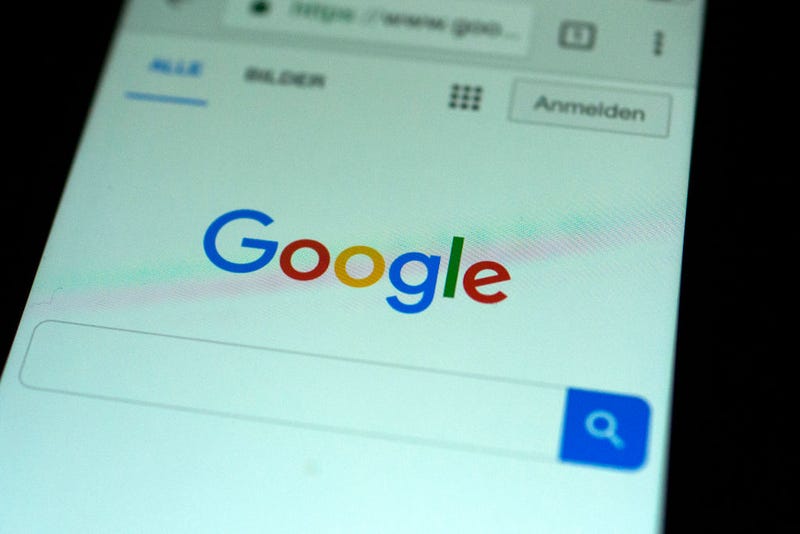
As part of a settlement filed in federal court on Monday, Google shared that it will destroy the private browsing history of millions of people who used the “incognito” mode in its Chrome browser.
The company was being sued over its secret tracking of web activity, as the case brought forth that Google only informed Chrome users that enabled the “incognito” more that they were browsing “privately,” while at the same time harvesting bits of data from the browsing option that was supposed to be untraceable.
The 2020 class-action lawsuit alleges that the tech giant continued to use advertising tools used by websites to collect search data, including “potentially embarrassing” searches for millions of people.
“Google has made itself an unaccountable trove of information so detailed and expansive that George Orwell could never have dreamed it,” lawyer Mark Mao and other plaintiffs' attorneys who sued the company wrote in the suit.
After the suit was filed, Google began clarifying exactly what was accessible in incognito mode, sharing that websites, employers and schools and internet service providers were able to view browsing activity.
However, in the settlement, Google will now state that the company itself can also track browsing during incognito mode, which it usually uses to sell digital ads.
Google will also block third-party companies from tracking a user’s cookies when incognito mode is enabled, according to the settlement.
Monetary damages were not a part of the settlement for the tens of millions of people who may have been affected by the issue, despite the lawsuit initially seeking $5 billion in damages.
Google spokesman José Castañeda shared that the company was “happy to delete old technical data that was never associated with an individual and was never used for any form of personalization.”
